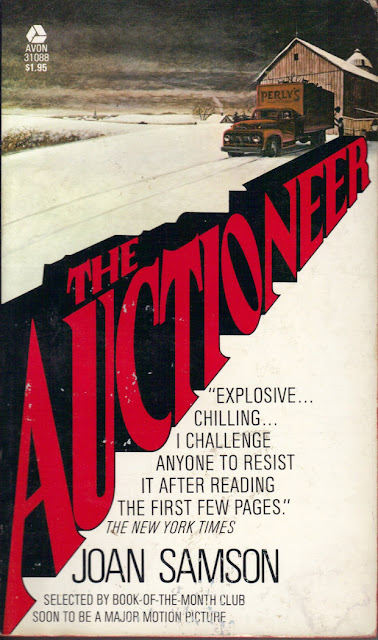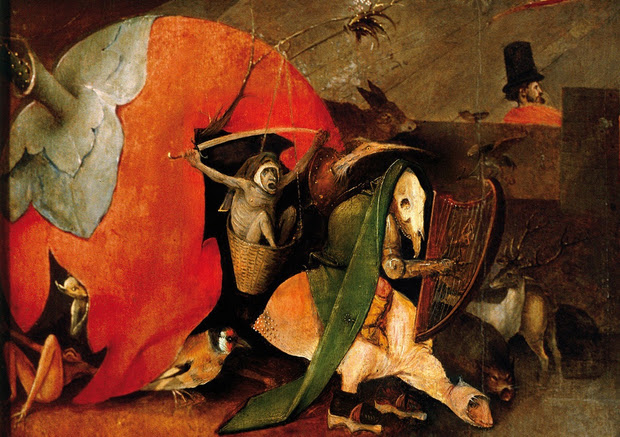Almost Everything: The Auctioneer by Joan Samson (1975)

If I were preparing to teach a course in fiction writing (something I haven’t done for a few years now), I would be tempted to assign Joan Samson’s 1975 novel The Auctioneer , because it is both not a bad book and also a book with some specific flaws that prevent it from being a great book. These are the most instructive texts. I started reading The Auctioneer with great hopes. For one thing, it is set in central New Hampshire, where I live, a place often ignored by fiction writers. (You might be surprised how few notable works of fiction are set in rural New Hampshire, a place that has attracted plenty of writers to visit or live, but fewer to write about.) It has the reputation of being a lost classic, a book that got good reviews in hardcover, sold about a million copies in paperback, got optioned by Hollywood, and then disappeared, probably because its writer died tragically young of brain cancer, and so a promising career became a single pretty good book. In recent years, it has




